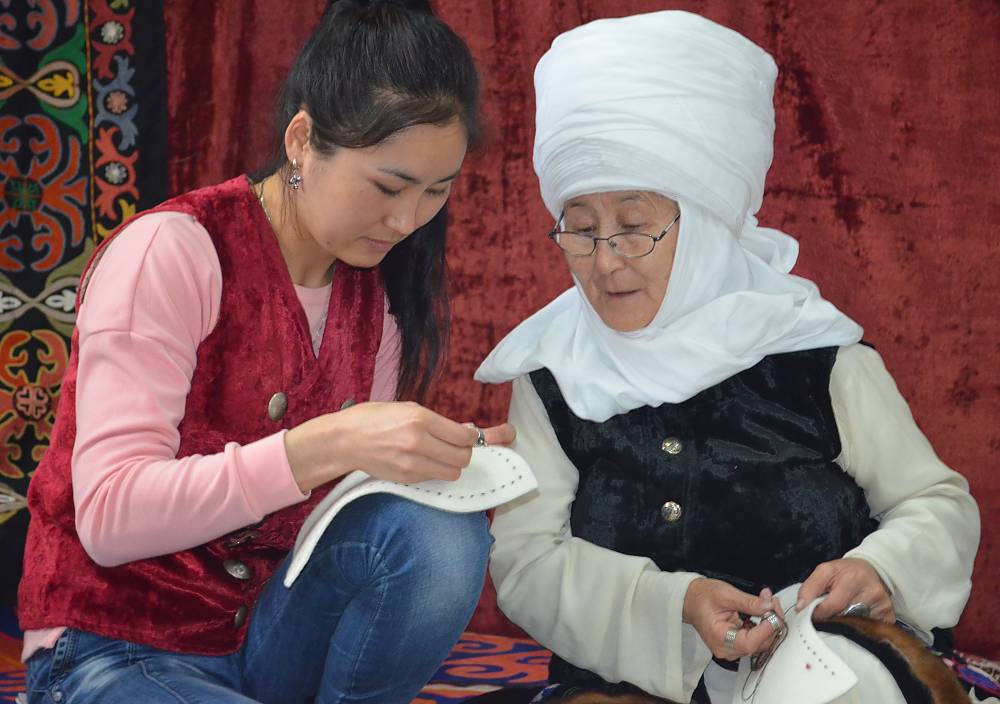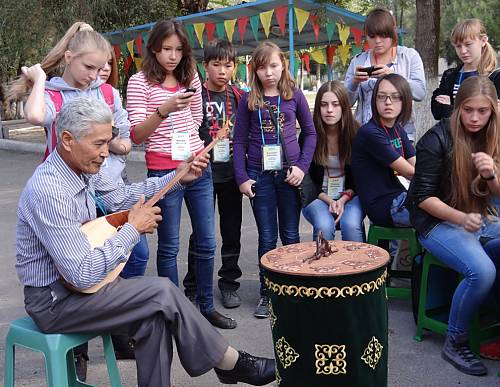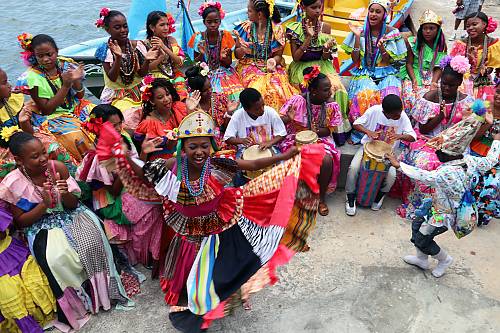The 4th Sub-regional Training for Trainers in the field of intangible cultural heritage in Central Asia was held online from 24 to 28 August 2020, due to the ongoing lockdown measures in Central Asia.
The online format of the event allowed a wider participation of ICH experts from Kazakhstan, Kyrgyzstan, Tajikistan and Uzbekistan in the discussion of the main topics of the training, such as the safeguarding of intangible cultural heritage in emergency situations and sustainable development, as well as the international cooperation mechanisms of the Convention, including International Assistance.
As noted by one of the participants, Saniya Bazheneyeva from Kazakhstan, “Participation in the facilitators’ training is very valuable to me. It was possible to attend it online and enrich my knowledge and exchange experience with the representatives of UNESCO Headquarters, international facilitators and experts. For me, this is a case where the goal justifies the means. During the pandemic, there has been some remote working experience, so this type of interaction is not difficult.”
For all participants, this was the first experience of participating in an online format of the training for trainers, as the previous three training courses took place offline starting with the first one in Bishkek, Kyrgyzstan in 2017, then followed by those in Almaty, Kazakhstan (2018) and in Tashkent, Uzbekistan (2019).
Asel Isaeva, an expert from Kyrgyzstan, shared her impressions about this training: “I will not hide it; at first I was afraid that the remote format would not allow me to get the necessary results. But today it is clear that the training has achieved its goals – modern technologies make it possible to obtain the necessary information and master the training materials … At the same time, we should always take into account the important role of direct communication, as the discussion of ICH safeguarding issues takes place not only during the sessions themselves but also beyond them. Live communication between experts, organizers and guests not only allows to exchange experience but also inspires, motivates and guides all participants.”
The training was co-organized by the UNESCO Almaty Cluster Office and the International Training Centre for Intangible Cultural Heritage in the Asia-Pacific Region under the auspices of UNESCO (CRIHAP).
Read moreMeeting:
-
4th Training of trainers workshop for Central Asia (24 August 2020 – 28 August 2020)




